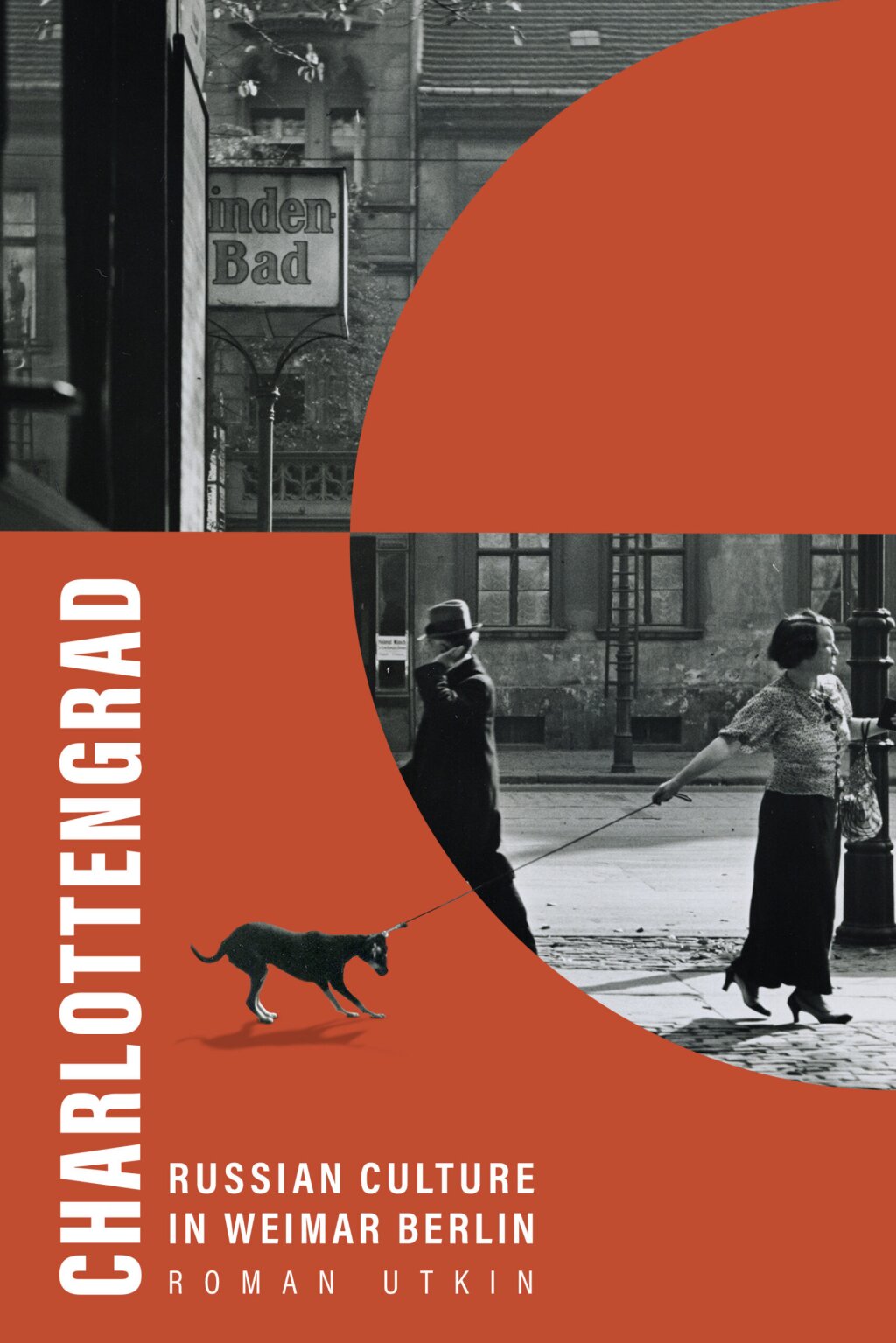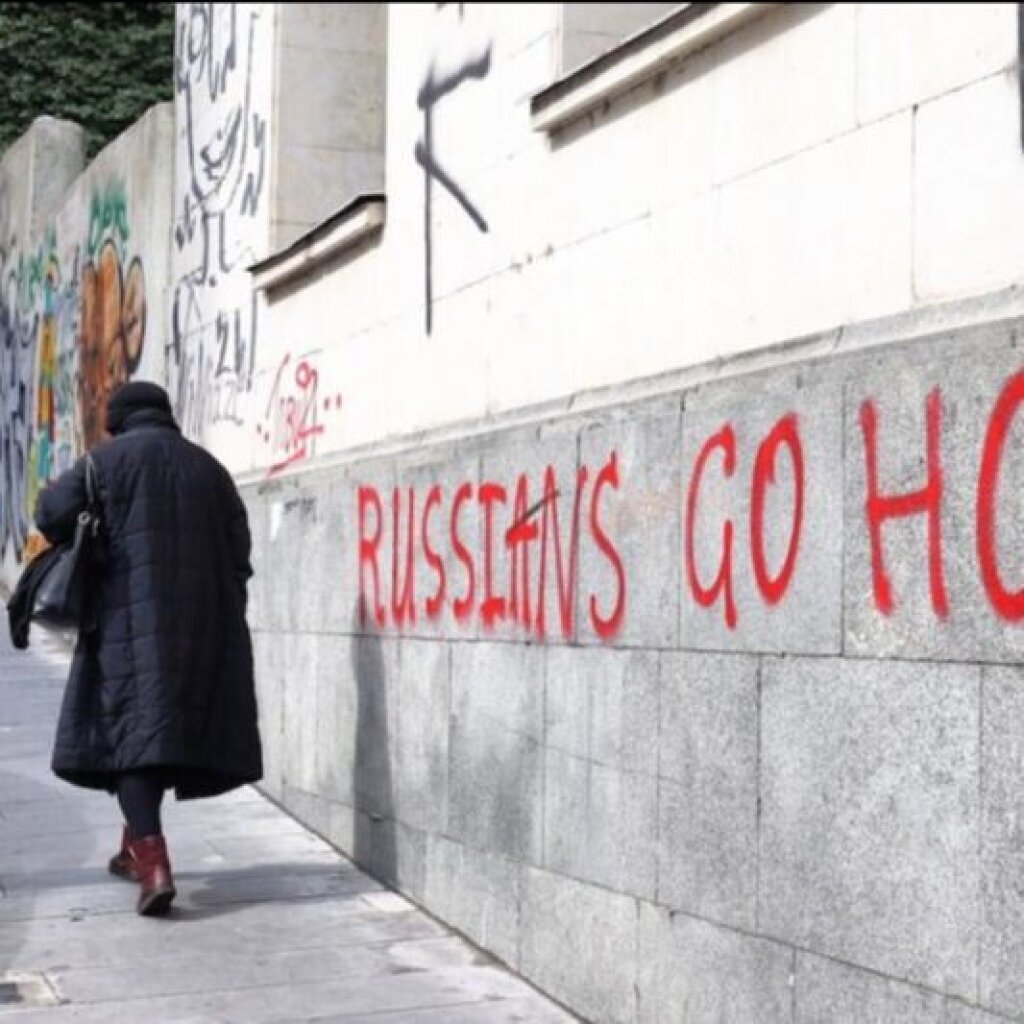As many as half a million Russians lived in Germany in the 1920s, most of them in Berlin, clustered in and around the Charlottenburg neighborhood to such a degree that it became known as “Charlottengrad.” Traditionally, the Russian émigré community has been understood as one of exiles aligned with Imperial Russia and hostile to the Bolshevik Revolution and the Soviet government that followed. However, Charlottengrad embodied a full range of personal and political positions vis-à-vis the Soviet project, from enthusiastic loyalty to questioning ambivalence and pessimistic alienation. In this talk, Roman Utkin will highlight the key findings of his book, Charlottengrad: Russian Culture in Weimar Berlin (University of Wisconsin Press, 2023). He will provide insight into the exile community in Berlin, which, following the collapse of the tsarist government, was one of the earliest to face and collectively process the peculiarly modern problem of statelessness. Utkin’s talk will explore how community members balanced their sense of Russianness with their position in a modern Western city charged with artistic, philosophical, and sexual freedom.
This event will be hosted in person and virtually on Zoom. Register for the Zoom meeting here. Non-NYU affiliates must RSVP for in-person campus access.
Roman Utkin is Assistant Professor of Russian, East European, and Eurasian Studies, Feminist, Gender, and Sexuality Studies, and German Studies at Wesleyan University. Utkin specializes in twentieth-century Russian and Russophone poetry, prose, and visual culture. He is the author of Charlottengrad: Russian Culture in Weimar Berlin (University of Wisconsin Press, 2023). Roman’s recent publications include a thematic cluster of articles called “Illegal Queerness: Russian Culture and Society in the Age of Anti-LGBTQ Censorship” in The Russian Review, an essay on Vladimir Nabokov’s use of disability in fiction, and a film review of the HBO documentary film Welcome to Chechnya. A native speaker of both Tatar and Russian, Roman has served on the board of the Committee on Advocacy for Diversity and Inclusion within the Association for Slavic, East European, and Eurasian Studies. He is also a founding member of Q*ASEEES, the Society for the Promotion of LGBTQ Studies in Eastern Europe and Central Asia. Roman was educated in Russia and the United States, earning an undergraduate degree in philology at Kazan State University (2007) and a Ph.D. in Slavic languages and literatures at Yale University (2015). Prior to joining the Wesleyan faculty, he taught at Davidson College.


